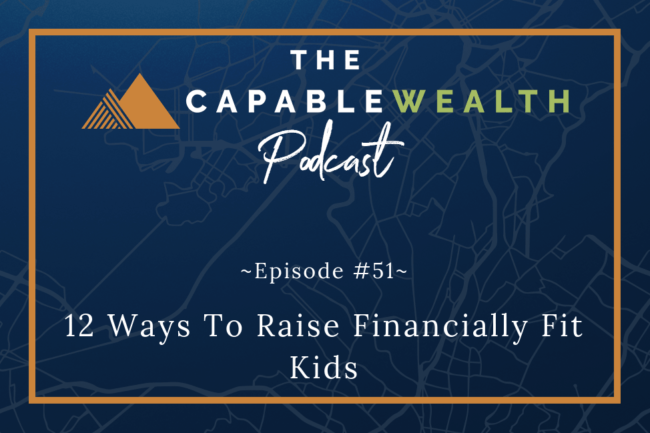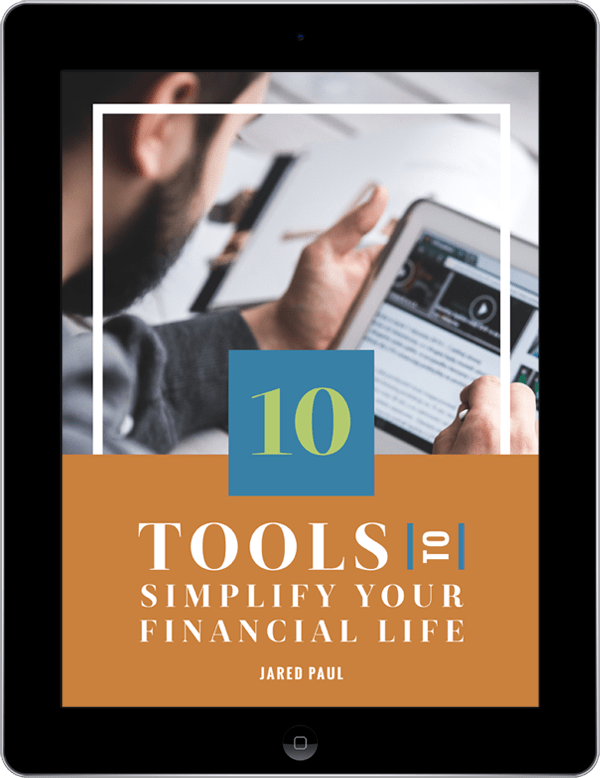Every time you make a purchase you are bringing something into your world. It could be a materialist item like a car, home, article of clothing, or it could be something like an experience. Traveling to a new country and experiencing a new culture can be something you never forget, and stays with you forever.
But there can be unintended consequences that accompany every purchase you make.
Not long ago, I wrote a blog post about why I love not owning a luxury vehicle. In that piece I spoke about how owning a luxury car can have a larger impact than simply the cost of purchasing that car.
I detailed a story of a time I was at a vacation home with a group of friends and someone threw a frisbee and it hit my Toyota Camry. I certainly didn’t want that to happen, but it wasn’t something I was overly worried about. Other people there who had high-end vehicles became really worried about the frisbee hitting their car, and it was a point of stress for the rest of the trip.
ANSWERING THE CALL
I received a lot of feedback about that piece, and a lot of people asked me about other areas to avoid. So, I thought I’d write a follow-up discussing other areas that you can be more cognizant of how they can add unnecessary stress.
So, here is a list of common purchases along with the ways they might be adding more stress to your life than you’d think.
As the saying goes: caveat emptor. (buyer beware)
Houses
Houses cost a lot of money. You have to deal with mortgage payments, taxes, upkeep, utilities, etc. And a point that most people don’t think about is that a mortgage payment stays with you longer than a one-off purchase you might make.
Can you truly afford the home, or are you constantly worried about making your mortgage payment if you or your spouse loses their job?
Also, there is a lot of maintenance that comes with owning a home. You have to maintain the structure, there is landscaping, and if you have kids, get ready to fix things around the house (holes in walls, new paint, etc.)
A home is much more than a one-off purchase. So be ready to take on a lot more responsibility than you might think.
Car
As I mentioned before, cars can be a stressful thing if you have one that is out of your price range. And just like a home, there are expenses that go along with owning a car, like maintenance, repairs, new tires, gas, etc.
What type of car will dictate how much you spend on all of these things. Own a foreign car with difficult parts to come by? Any maintenance or repairs are going to cost you extra!
So, make sure you look beyond the sticker price.
Pool
Ahhh, summer time fun! But not much fun for your wallet. The average annual cost to maintain a pool is estimated to be between $3,000 – $5,000. And the stress of the liability is one that some people can’t handle.
It might all be worth it for you, but for some, getting a season pass to the local town park might be a better option.
Boat
Buying a boat isn’t cheap, but that isn’t half of your worries.
Some estimates are that it costs upwards of twice as much to maintain a boat over a ten-year period than the actual purchase price.
You have to deal with annual mooring fees, a trailer, winter storage (depending on your state), fuel costs, insurance, and more.
Your monthly costs can quickly get into the thousands.
Jewelry
Jewelry doesn’t have the same ongoing costs as owning a home or car, but these are items that can easily be lost or stolen. And if it’s something like a watch, damage is a way of life.
Ever have the face of the watch scratched? It’s pretty annoying, and something you will need to have fixed.
Sunglasses
I could easily lump this under the “Jewelry” section, but they are something I hear about quite often.
How many people drop or lose their sunglasses? It’s so easy to break or lose this item.
And the number of times I’ve heard of people having them knocked off in the ocean when a wave comes in is pretty high. If you aren’t paying attention, you could be watching $200 sink to the bottom of the ocean…
Technology
Unless you need to for work, or it’s a real passion/hobby for you, I don’t recommend buying high-end cameras, TVs or computers.
Tech is an area that can cause a lot of stress because you need to be careful not to damage it. Also, it’s an area that quickly gets replaced with newer models that quickly make old ones obsolete.
Look no further to modern-day smartphones. People are constantly dropping these and either cracking the screens, or submerging them in water. Toilet drop, anyone?
Clothing/Apparel
I once purchased a pair of white Vans sneakers. The shoes were pretty cool looking, but on the first night I wore them, someone stepped on them and immediately dirtied them up.
It was a quick reminder that clothing is an item with a short lifespan. And the nicer the clothing, the more worried you are about an incident like I encountered.
CONSTANTLY STRESSED
Take a second and think of someone you know who is always worried about one of their new items getting damaged or stolen. I know people who consistently buy designer stuff, but are then constantly worried that their shoes will get scuffed, their car will be scratched, or their clothing will get ripped. Heck, maybe their pair of jeans that already has holes in them (for the fashion!) will get torn open even worse if they catch on something. Oh, the horror!
Ask yourself if you want to be this person, constantly living in a state of high alert, worried about one of your belongings getting ruined.
I’m not suggesting that you shouldn’t buy anything out of fear that it may get ruined. What you need to do is think about how life will be after you make the purchase. Are you going to be happier, or are you going to be stressed out that something bad might happen to your newly acquired object?
Capably Yours,
Jared















